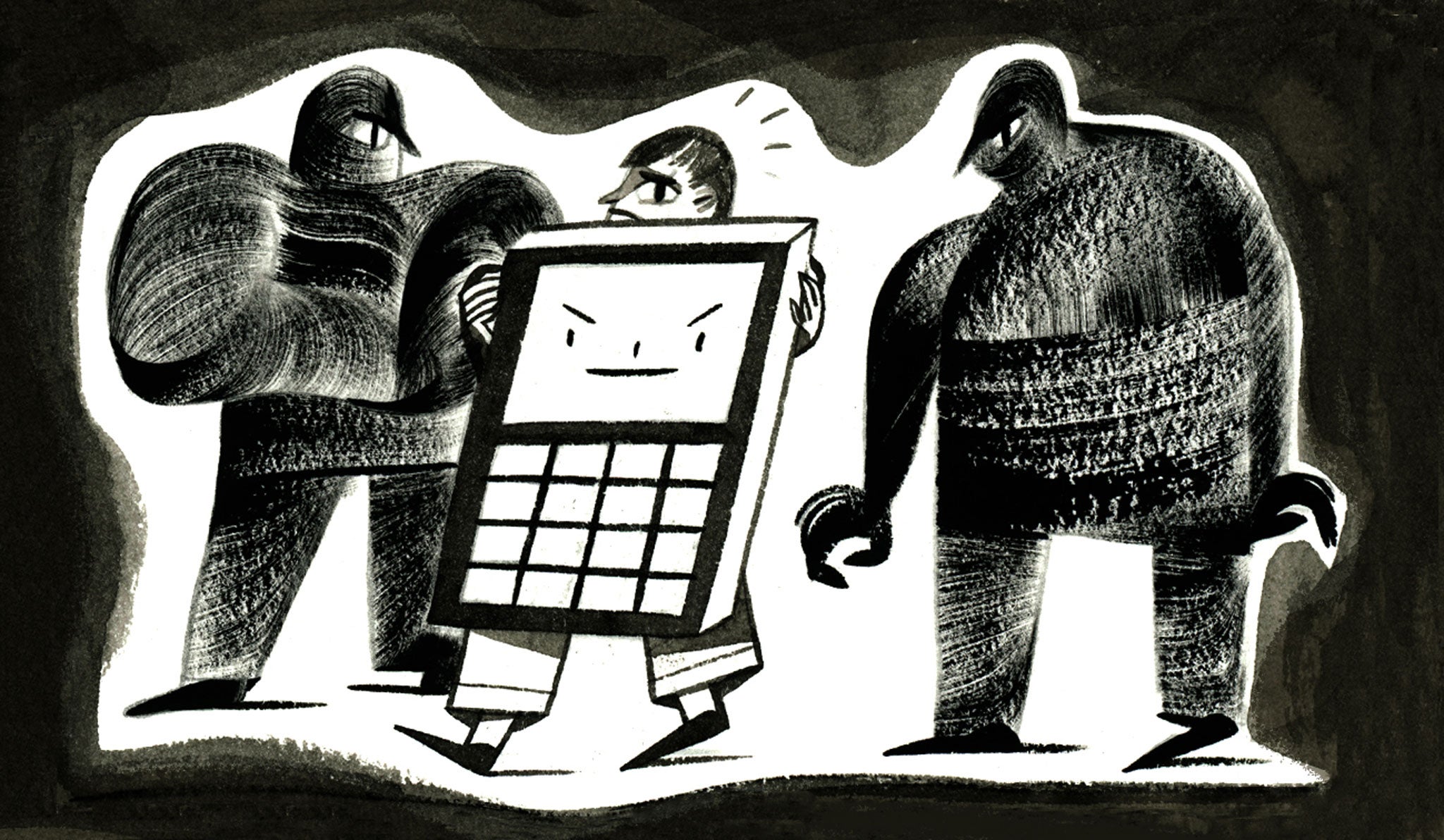'What is it like to be a geek in prison?'

I'm a hacker who served four-and-a-half months of a nine-month sentence. The experience totally changed me, but in a positive way. I actually had a lot of fun in jail. My ability to mend broken electronics quickly became known. These things made me feel safe, since people were actively protecting me. It also made me feel quite important in the community.
It started when someone came to me and asked what I knew about mending mobile phones. In UK jails, pay-as-you-go credit vouchers are a major form of currency. This guy was very important on the wing. He'd taken a guy's phone as payment, but the phone was pin-locked and he couldn't get in. I sat up through the night to try all 10,000 possible four-digit combinations. Thankfully, the correct code turned up in the mid-2000s. So the next day, this guy turned up and was amazed that I had figured out the code. He went round telling everyone that I was some tech wizard and that people should always come to me with their problems. In return for the job he arranged for me to have a PlayStation 2 in my cell for two weeks, and to get access to a phone whenever I wanted.
Anonymous
It's humbling, since I found myself in an environment that was nothing like my prior life and where the traits that had made me successful outside had little value on the inside. I learnt so much about the flaws in our justice system: the police, the prosecutors, the adversarial trial process, and more. For me, it was an awakening of sorts. Everywhere you go, you have to be alert. There are so many dangers. I am so much more vigilant of my surroundings, even years later. My ability to read people is greatly improved, because it was so important there.
Anonymous
I am a long-time coder and had to serve four-and-a-half years in prison. I was accustomed to solving problems with intelligence and rational discourse. I discovered quickly, however, that these things have little value in prison. Being smart was more often than not viewed as arrogance on my part, and met with defensiveness at best.
Nothing is logical in 'the system'. It operates without even a semblance of consistency, leaving its denizens mired in a Kafkaesque wilderness of arbitrary rules and nonsensical decisions.
I observed this to be the principal reason that prison 'makes better criminals'. I saw inmates on their best behaviour punished for essentially no reason, while others broke rules and faced no negative repercussions. The primary lesson this inconsistency teaches to inmates is that THE RULES DO NOT MATTER.
Anonymous
These answers all come from quora.com, the popular online Q&A service. Ask any question and get real answers from people in the know
